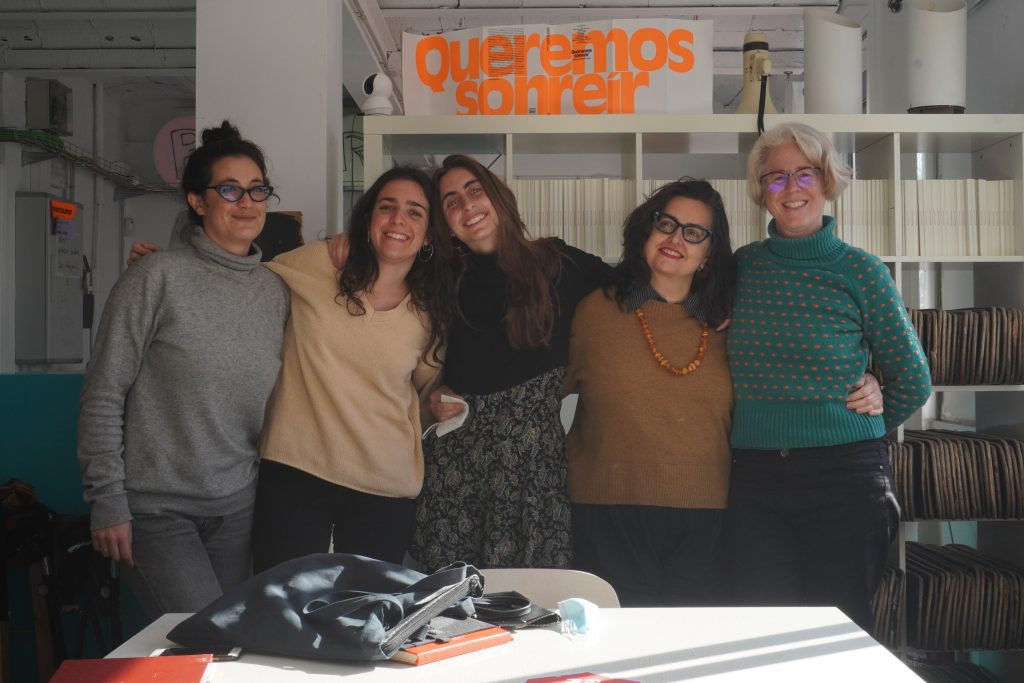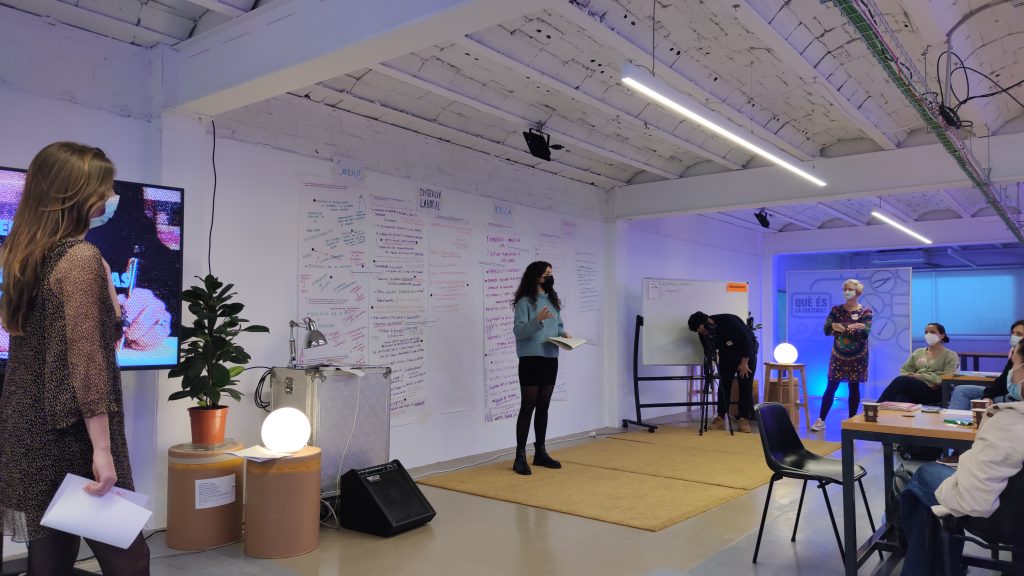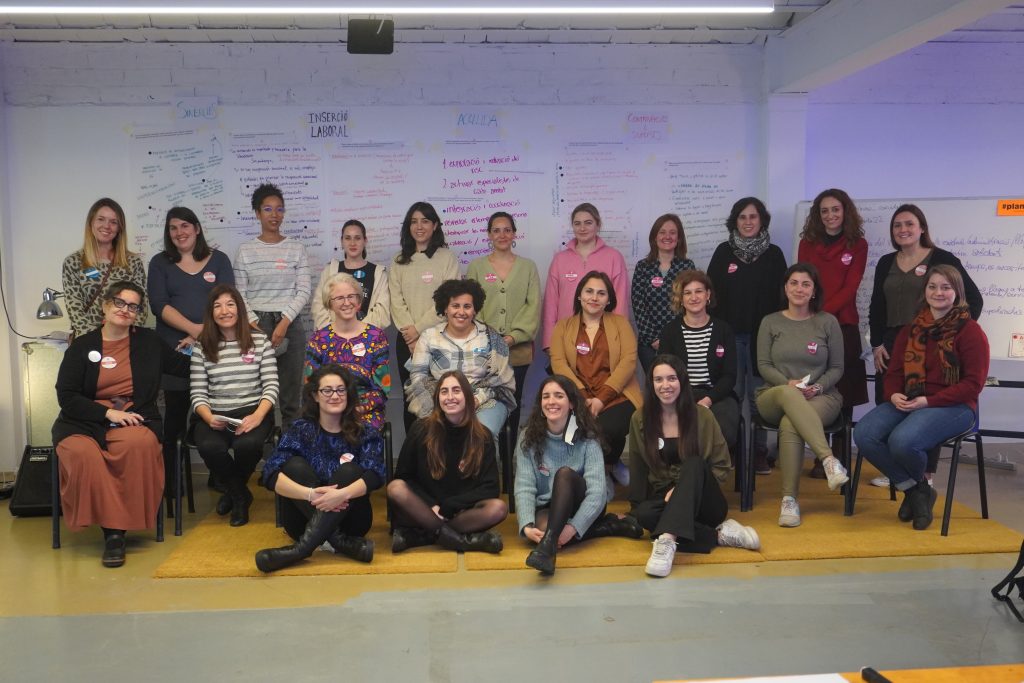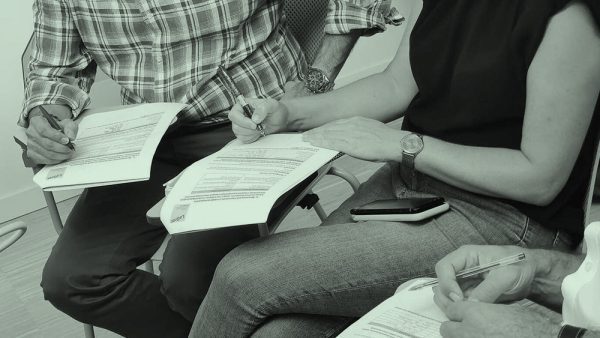Activ Project, is a European project that aims to help third sector entities and companies to work together to provide effective support to women who have experienced gender violence. In this project, five partner entities belonging to 4 countries of the European Union (Belgium, France, Romania and Spain) participated.
From the beginning of the project in 2020 until the end, in December 2022, from LaGroc, he worked together with CEPS, in different parts of the project to ensure that the content could be adapted to the context and the national reality.
Organization of a working session with key agents of the territory
One of the bases of the Activ Project was the need to know what is the reality of the people who work for the reintegration of women survivors of gender violence. That is why we organized a work session based on the World Café methodology, which had the following objectives:
- Publicize the European Activ Project
- Collect information and promote debate on the (re)integration into the labour market of women survivors of gender-based violence
- Know and design tools and strategies to improve the (re)labor insertion of women who have suffered gender violence
From LaGroc we take care of everything from the design of the event and the people invited, to the logistical preparation, the organization and monitoring of the event to the collection of conclusions and writing of the final report. One of the elements that we were clear at all times in the organization of this event was that it was essential to create a warm and friendly atmosphere that favored the conversation and thus, to be able to draw practical and realistic collective conclusions.




Review and evaluation of ActivProject materials
The main objective of this assignment was the evaluation from the gender perspective of the rigor, usefulness and relevance in the Spanish and Catalan context, of the final documents created during the Activ Project. Based on an extensive reading and analysis of the guide, the Toolkit and the white paper, a series of changes and recommendations were proposed to achieve greater adaptation to the context of companies and entities and bet on including inclusive and non-sexist language in all documentation.









































